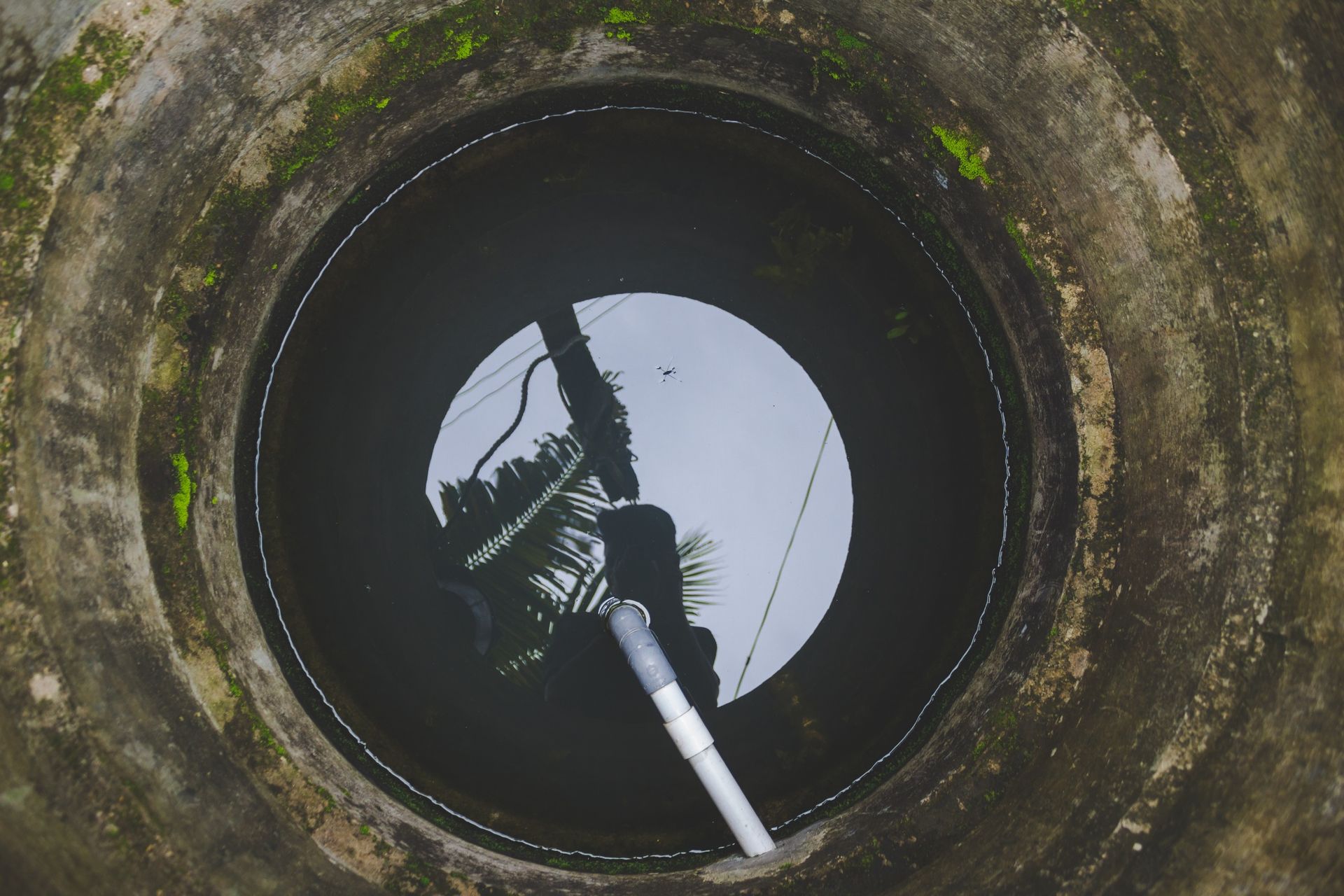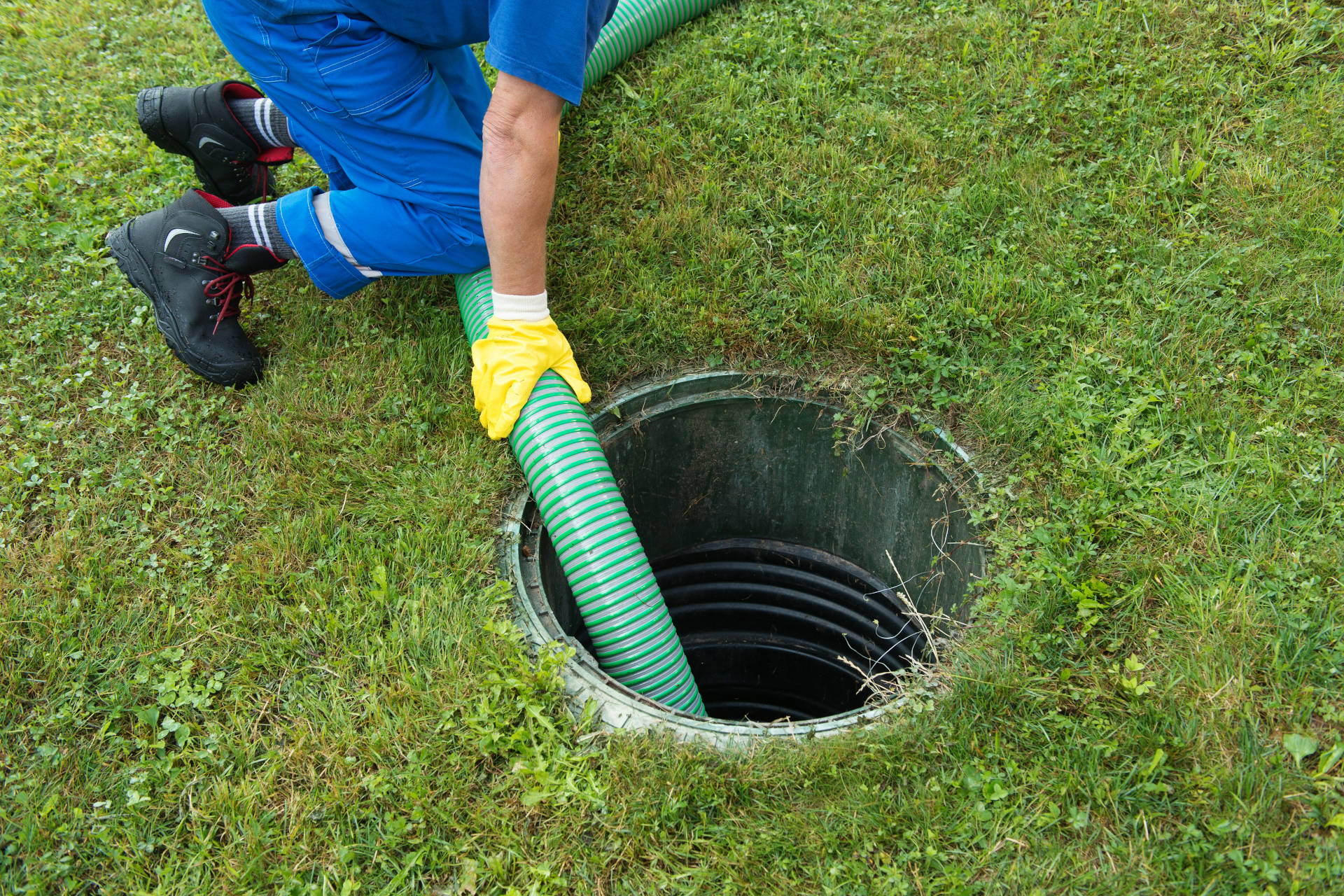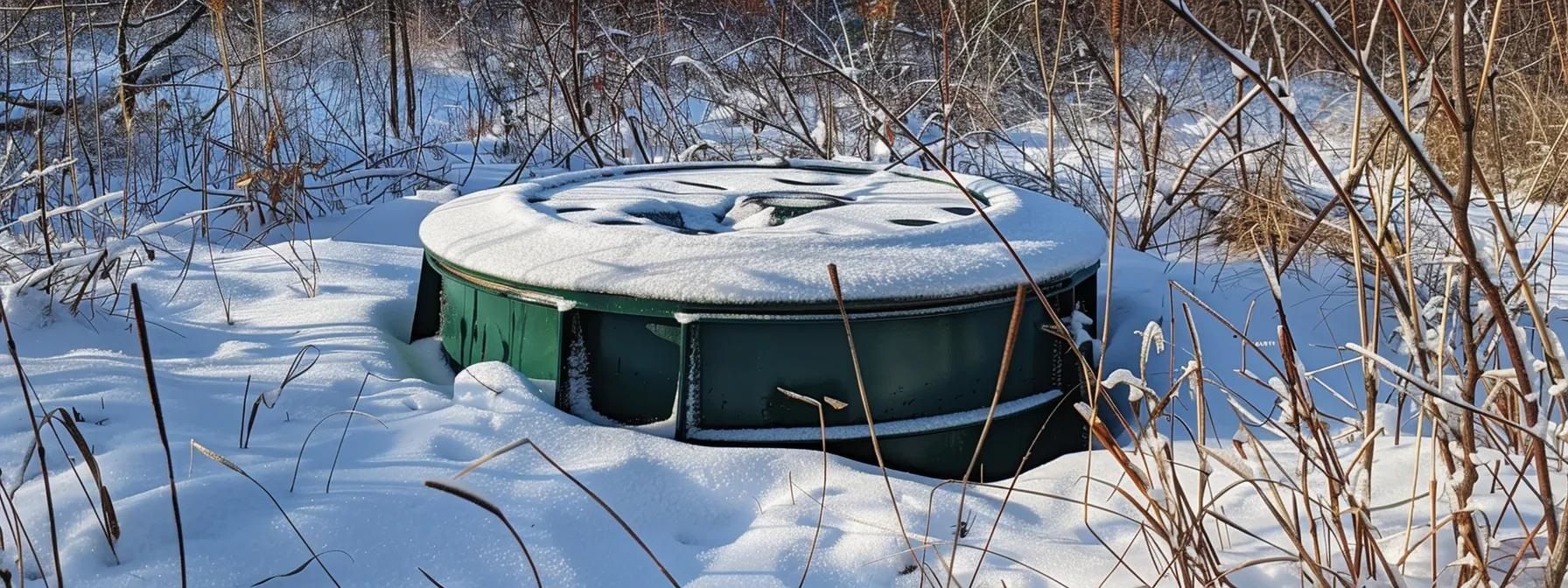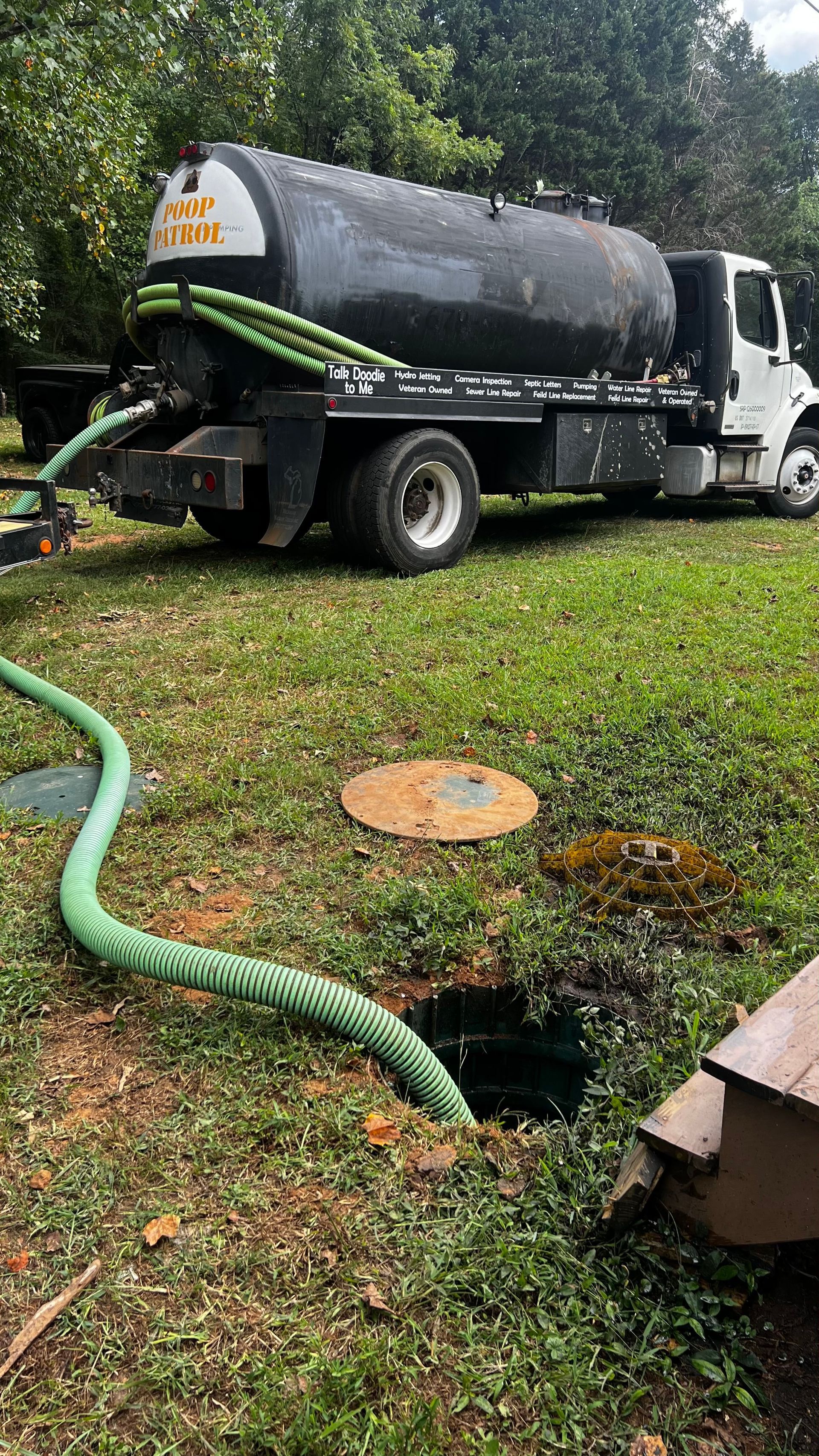gosepticsewer@gmail.com
How Long Do Septic Tanks Last and How to Extend Their Lifespan?
Worried about how long your septic system will last?
If you’ve ever wondered whether your septic tank is nearing the end of its life, you’re not alone. Many homeowners share this concern. This guide from GoSeptic & Sewer, your
septic tank repair expert, will cover the lifespan of septic tanks, factors affecting their durability, and actionable steps to keep them functioning longer.
By the end of this article, you'll have the tools to keep your septic system healthy.
How Long Does a Septic Tank Last?
The average lifespan of a septic tank ranges from 15 to 40 years, depending on factors such as material and maintenance.
Types of Septic Tanks and Their Lifespan
- Concrete Tanks: Durable and resistant to external pressures, these typically last 40 years or more. However, cracks can form over time due to shifting soil or tree roots.
- Plastic Tanks: Lightweight and easier to install, these usually last 30 years, but they can warp under pressure or degrade with UV exposure.
- Steel Tanks: Rarely used today, steel tanks have a shorter lifespan of 15 to 20 years due to rust and corrosion.
Common Signs a Septic Tank Is Failing
- Persistent foul odors around your property
- Water pooling near the septic drain field
- Slow-draining sinks, toilets, or tubs
- Backups in your plumbing system
If you notice any of these issues, consider contacting a septic tank repair expert before the problem worsens.
What Affects the Lifespan of a Septic Tank?
Several factors influence how long your septic system will last.
Installation Quality
Improper installation can lead to immediate problems. For example, if the tank is not level or if the pipes are incorrectly connected, it can cause backups and clogs. Always hire an experienced installer who understands local soil conditions and regulations.
Soil Conditions
Clay-heavy soils may drain poorly, increasing stress on the system. Sandy soils drain too quickly, reducing the effectiveness of the drain field.
Tank Material
Choosing the right material for your environment and usage needs is essential. While concrete tanks are robust, plastic tanks may work better in areas with shifting soil.
Frequency of Pumping
According to HouseLogic, septic tanks should be pumped every 3 to 5 years, depending on usage. Skipping this critical maintenance step can shorten the tank’s lifespan.
Household Habits
Flushing non-biodegradable items or overusing the garbage disposal adds unnecessary strain to the system.
How to Extend the Lifespan of Your Septic Tank
Prolonging the life of your septic system requires consistent care and mindful usage.
Regular Inspections
Schedule a professional inspection every 3 to 5 years to identify potential issues before they escalate. Inspectors can check the sludge and scum levels and recommend pumping if needed.
Pumping on Schedule
A full tank places stress on the system and increases the likelihood of leaks or overflows. That’s why as previously mentioned, septic tanks should be pumped every 3 to 5 years. However, some indicators may suggest a more frequent pumping schedule.
If you have a larger household with more people using the system, or if you use large amounts of water daily (such as for irrigation), then it may be necessary to pump your tank more frequently.
Protect Your Drain Field
The septic drain field is the area where the wastewater from your septic tank is dispersed into the soil for natural filtration. It looks like a network of pipes buried in the ground. This area should be protected at all costs to prevent system failure.
- Avoid parking or driving heavy vehicles over the drain field.
- Plant only grass or shallow-rooted plants in this area to prevent root intrusion.
- Redirect rainwater runoff away from the system to prevent oversaturation.
If you don’t know where your septic drain field is located, ask a professional septic system inspector to help you locate it and mark it for future reference.
Be Careful About What You Flush
Flushing items like wet wipes, feminine hygiene products, or grease can clog the system. Use septic-safe toilet paper and avoid disposing of harsh chemicals that kill beneficial bacteria in the tank.
Install an Effluent Filter
Effluent filters prevent solids from entering the drain field, which can help avoid blockages and extend its life.
Why Septic Tank Repair Matters
Ignoring septic tank problems can lead to environmental contamination and expensive property damage. A minor leak today can become a major issue if left unattended. For example, a compromised septic tank can cause sewage to back up into your home or contaminate nearby water sources.
Investing in professional septic tank repair in Cumming ensures that your system stays functional and minimizes the risk of failure.
How GoSeptic & Sewer Can Help
At GoSeptic & Sewer, we specialize in maintaining, repairing, and extending the life of septic systems. With over 15 years of experience, our team provides reliable service designed to protect your system. From regular pumping to emergency repairs, we’re here to make septic maintenance simple and stress-free.
Contact us today to schedule a service or discuss your septic needs. Let us help you keep your system running without a hitch for years to come!
Location Map
All Rights Reserved | GoSeptic & Sewer





